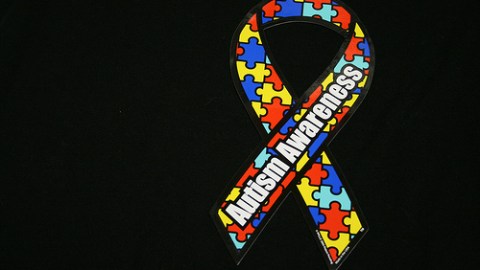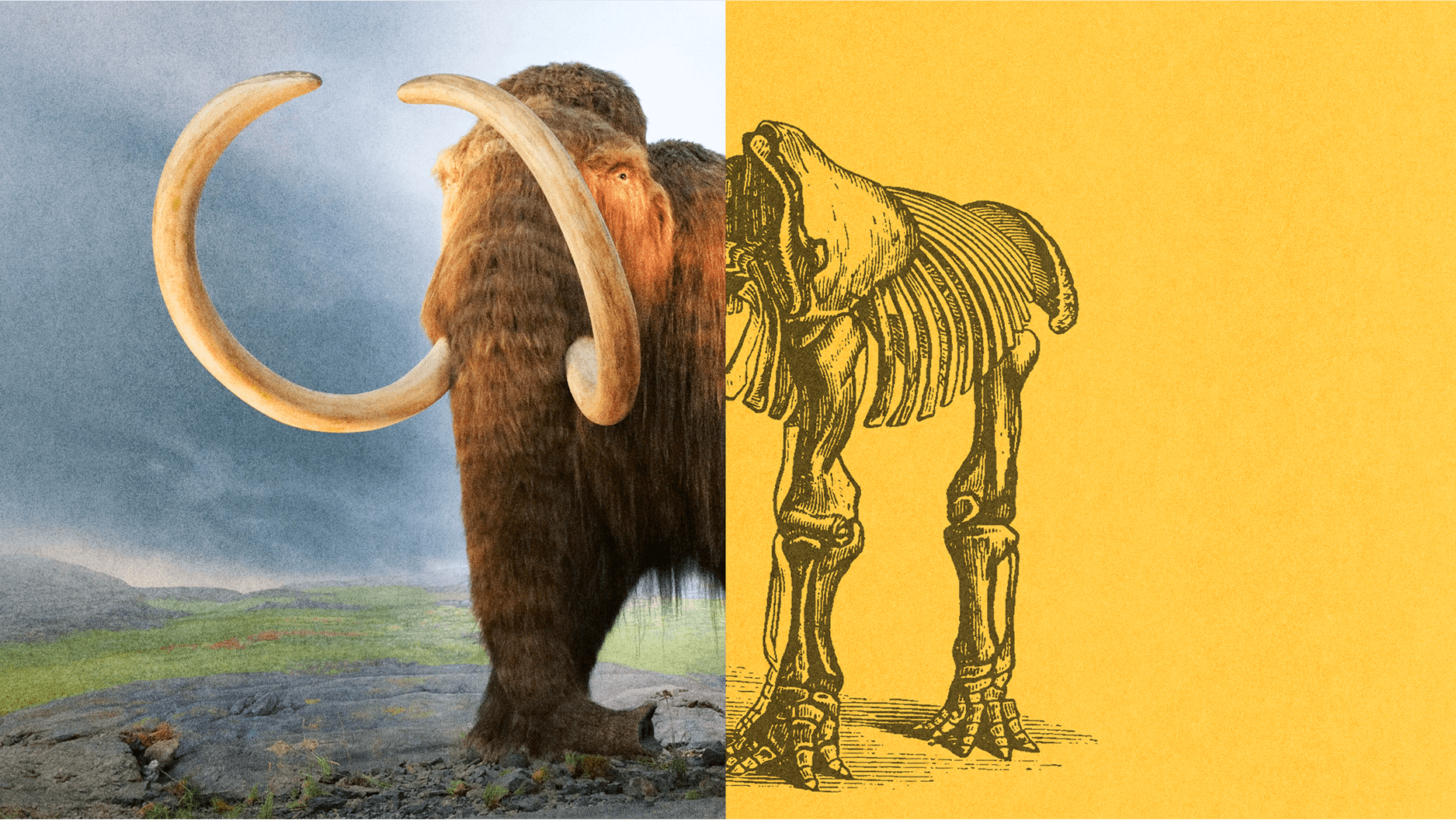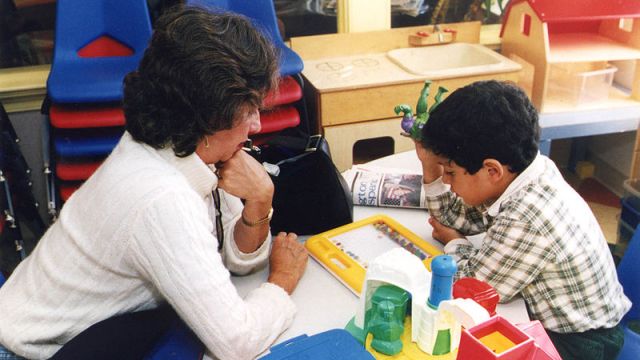Will Autism Become Treatable?

As a child, Dr. Michael Wigler was fascinated by the personality of a friend’s brother, “a very bright kid” who “never looked you in the face, constantly was throwing his arms up … as though he had made some great discovery, and knew everything about baseball statistics.” The eccentric boy, who Wigler later realized had Asperger’s syndrome, grew up to be a successful DJ. Wigler, meanwhile, grew up to be one of the world’s foremost experts on the genetic basis of autism-spectrum disorders. He explains his trailblazing research, which he’s gathered into a “unified theory of autism,” in his Big Think interview.
As Wigler and his research team have discovered, the causes of autism are more complex than genetic inheritance on the one hand or spontaneous genetic mutation on the other. Instead, their studies suggest that both factors can be at play, with some families affected by the first and others by the second. At the same time, Wigler says he has encountered zero evidence that vaccines or other environmental factors can trigger autism in infants, though he sympathizes deeply with parents who seek external causes when babies they assumed were healthy seem to “regress” into cognitive dysfunction.





